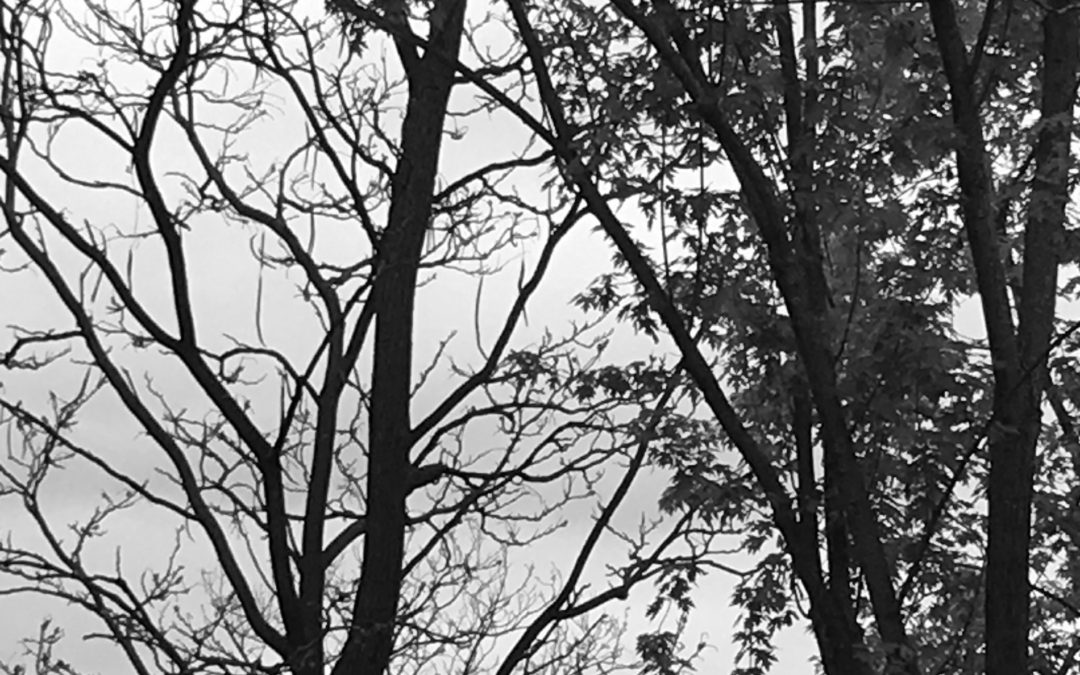In the previous post I described a feeling of frustration, guilt, and/or shame over a sense of ‘un-accomplishment’ during this pandemic. Specifically, this feeling stems from desired pursuits we carry in the back of our minds, that have become more present given our recently found time with many of us staying at home more and working less. I characterized these activities as cultural in nature (reading, writing, creating, playing, etc.). In normal everyday life they occupy space rather complacently, perhaps causing a minimal bit of anxiety, because they are not acted on as much as we’d like.
However in this current pandemic, a time of not normal daily living, these pursuits, and the conflict between our time to spend on them and perceived lack of progress on them becomes more relevant and might highlight something more concerning than just not doing stuff we want to do.
Part 1 outlined the idea that these feelings, now more intense, stem from a sense ‘un-safety’. A discomforting sense that gives rise to a basic survival mindset, including heightened threat detection, thus limiting or preventing us from engaging in more esoteric, cultural activity.
Here I’d like to put forth a more sinister idea:
What if this current state of operating (or non-operating) highlights the notion that we really don’t matter?
Or, the more toned-down version, that we don’t matter as much as we think we do?
What if by spending our time, holed up in our homes, working remotely (and most likely working less) for weeks now, we realize how unimportant we are, to the world? After all, with more time on our hands we have more opportunity to notice the world continuing on. We may normally have this realization from time to time. And this altered perspective, by itself, may not be enough to cause the intensity of feelings some of us experience.
What may be more pressing is the reality that I, removed from the situation, have little impact on the situation. Therefore, we’re left with a more distressing angst of our own existence and it’s significance and meaning (and lack thereof).
This line of thinking could not only explain the increased anxiety many of us feel (that may in part be due to health concerns about the virus and our vulnerability), but also the lack of progress on the cultural pursuits discussed.
If what we do, professionally and personally, in normal life doesn’t seem to matter, then what’s the point of engaging in these other pursuits that we obviously value less (as we normally spend less time on them)?
Here we may return to the idea of metrics and what we use and how we use it to measure life (previous post about metrics here).
But, if our existential identity is being called to question, there is a larger issue than just the lack of engagement with our cultural interests – one that the philosophical community has grappled with for ages (with no clear fore-runner). Just Google Existentialism, Phenomenology, and Buddhism.
In this current moment in time, we’re staring deep in to the mirror and facing a realization that our ordinary way of being may be bullshit.
No wonder that the feelings of anxiety, guilt, and shame, are strong. And further, the expectations about life and pursuits of things we consider of value, the basis on which we construct our way of being, may be bullshit.
Okay, bleak picture. So, where do we go from here? Again, the volumes of Existentialist, Phenomenologist, and Buddhist writings can keep you busy for a while and really can’t be succinctly explained here – or maybe I’m just too lazy.
So I’ll end with a pithy suggestion that we recognize two things:
1. That what is important is now – the present. And, that our meaning and value is a choice; up to us to decide, change and act on.
2. And, that just as the picture may be appear bleak and halting – it can also appear exciting and engaging.
This then raises the ever-present question about many aspects in life, what’s your perspective? And reaching further, from a psychoanalytic interest, where does your perspective come from? And perhaps most crucial, from an existentialist interest, what does your perspective mean for you going forward in life?

